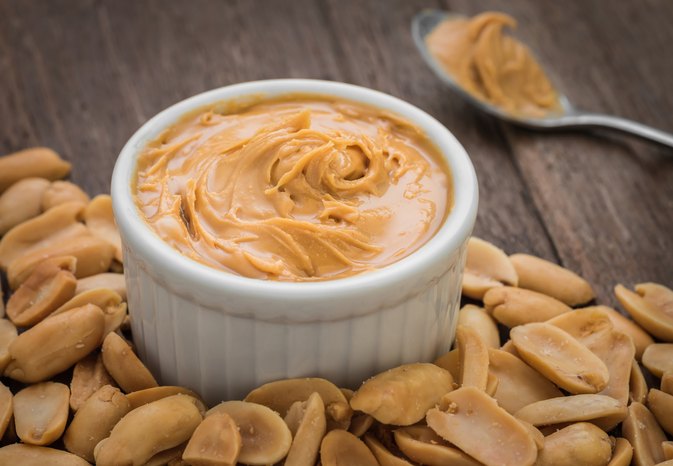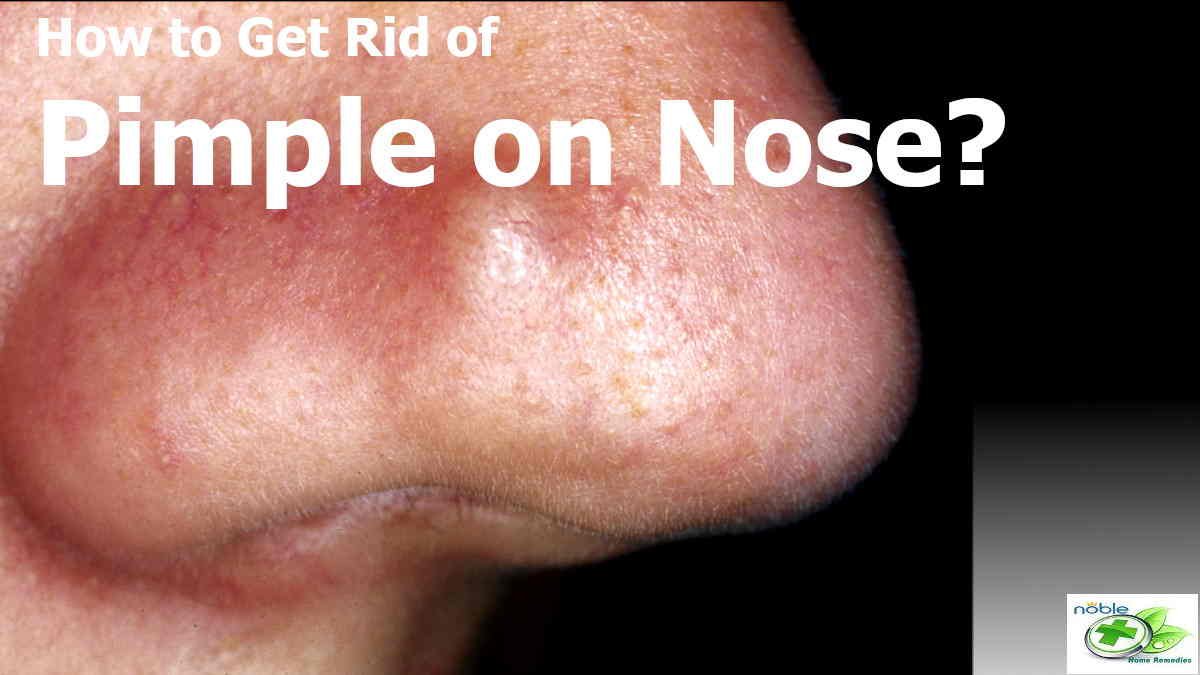Table of Content
It also contains antibodies help decrease the risk of many diseases in babies like sudden infant death syndrome, obesity, leukemia, cold and flu, and so on. A common cold is a viral infection occurring in your baby's nose and throat. The first indication of common cold is nasal congestion and a runny nose.

Should you have any concerns about your health, or of that of your baby or child, please consult with your doctor. Parenting.Firstcry.com accepts no liability for any errors, omissions or misrepresentations. Your use of this site indicates your agreement to be bound by the Terms of Use. Mix all the ingredients and bring the water to a boil.
Other treatments for colds
Sick infants might get fussy about latching onto the breast, so you can try feeding them using a syringe or a small cup. Cuddle your baby and feed them well, and they'll say goodbye to their bothersome cough and cold soon enough. If you are still breastfeeding your baby, continue doing so. A sick baby needs hydration and antibodies, which your breast milk provides. Release the bulb, holding it in place while it suctions the mucus from your baby's nose.
Getting a flu shot every year can help keep you from getting sick and protect others around you, including your newborn. There are over 200 types of viruses that can cause colds. Luckily, most of the colds your baby gets will help increase their immunity. Even so, their very first cold can be scary for parents.
➯ Rest:
Please note that though these remedies are effective for treating symptoms, they are not all-inclusive cures. In many severe cases, it is still best to consult a healthcare professional for advice and treatment over using home remedies. As mentioned above, it’s not really possible to cure a common cold but there are certain precautions you can take to prevent it from infecting your child. Remember to give your baby an age-appropriate remedy for his cold and cough.

Feed warm water to your little champ frequently. Warm water reduces the symptoms of cold and gives some comfort to babies. These methods can be especially helpful since most cough and cold products are not indicated for kids under age 4 due to the risk of side effects. The Food and Drug Administration doesn't recommend use of such medications in kids under 2. Keep in mind that contracting fevers is a natural part of the human body’s development as each time it does so; its immune system grows stronger. A fever is not an immediate sign of a serious health fault, but when the temperature goes too high or is accompanied by other symptoms, it might be.
Whooping cough
These things may also include rocking, holding nonstop, and walking around with your child in your hands. Your baby will be extra clingy and needy in this time, especially if they are an infant. The best way to care for them is to embrace them and give them the human contact and comfort that only a parent can.
Boil water with jaggery and add dry ginger and peppercorns followed by the torn tulsi leaves. Filter the mixture and feed the baby the lukewarm chukku kaapi. Give the baby regular sips of juice containing Vitamin C, such as lemon,orangeor amla. However, avoid this if your child suffers from a sore throat.
The average cold may last as long as 10 to 14 days. Fever is one way your baby’s body works to fight off colds. Even so, a fever of 100.4°F (38°C) or higher in a baby who’s under 3 months old warrants a call to the doctor.
This could prove to be dangerous if the tumbler gets knocked over. Also, consider investing in a steam inhalator. Run some hot water in your bath and let the steam accumulate. Then, sit with your baby in the bathroom full of steam for around ten to fifteen minutes.
Cold and cough are rather common in babies and children. They are the infections of the upper respiratory tract including nose, mouth, and throat. You can even have a cold and cough when contacting with the people with a cold sneezes or coughs or through hand-to-hand contact. The baby is often easy to have a cold or cough because his immune system is still developing and not enough strength to fight against the disease.
One can also go for making saline drops at home, just be very careful about hygiene. 95% USDA certified organic, this creamy ointment — packed with the goodness of eucalyptus and tea tree oil — helps loosen chest and sinus congestion. Most coughs and colds are mild and can be easily dealt with at home. The World Health Organization recommends honey to soothe coughing in kids older than one year.
Any illness in a baby under 3 months old is a reason to call their pediatrician, especially if they’re running a fever. Treat your plugged ears in no time with effective natural remedies. Learn how to unclog your ears at home with these 15 easy treatments.

Antibacterial properties of ginger, black seed, and cinnamon are effective in treating colds of babies. You can give 3 tablespoons of mixed tea to your child in the noon daily. Another good source of vitamin C, lemons and limes also help to cut through your baby’s cold symptoms as well. Like oranges lemons and limes have immunity boosters as well as antibiotic and anti-inflammatory properties to help relieve symptoms as well.
































